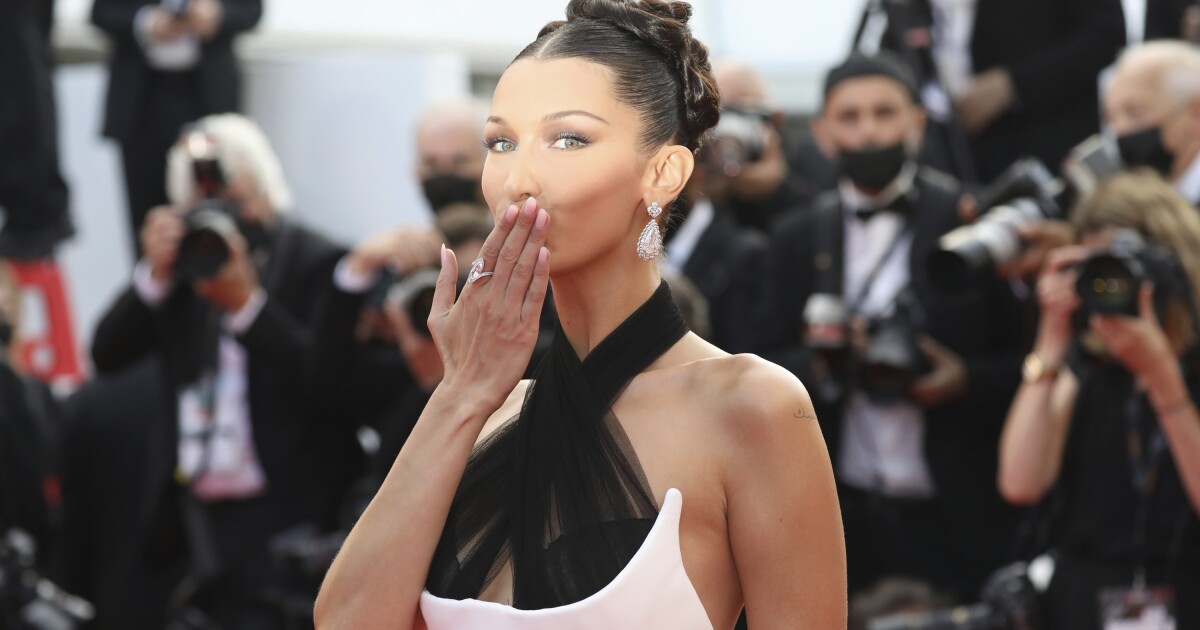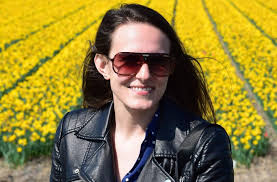Covid-19 reveals its luster at Cannes

For nearly everyone who came to the Cannes Film Festival after months in various stages of lockdown and caution, the transition is astounding.
Even in ordinary years, Cannes is an overwhelming experience. But this time, immersing yourself in theaters at full throttle and packed red carpets is like stepping into another world. The morning after the premiere of Val Kilmer’s documentary “Val” in Cannes, co-director Ting Poo was still reeling.
“Yesterday was so surreal. Just watching the movie in a full house, and here at my finest film festival,” Poe said. “Going from not being around people to that experience in one day was incredible.”
The epidemic is far from invisible in Cannes. Everyone, including those who have been vaccinated, must be tested for COVID-19 every 48 hours, unless they have received their vaccinations in the European Union. Moviegoers wear masks indoors. Everything is a bit silent. Hotels that are usually crowded have vacancies. Examination rooms that usually leave hundreds in line outside are not full. The usual uniformed ticket seekers praying for a ticket were turned away from the palace, the center of the festival, to clear the venue.
But in places like the red carpet in Cannes, life is almost normal, if ‘normality’ can be applied to a piece of carpet where groups of stars move every few hours like floats parades. Glamor has taken off its mask, perhaps more than at any other time in the past year and a half from the pandemic.
During the early days of the 74th Cannes Film Festival – which took place two months later than usual and after last year’s edition was canceled altogether – the red carpet looks very similar to the ones in the past. Marion Cotillard, Bella Hadid, Matt Damon, Helen Mirren and Adam Driver all toured, perhaps surpassed, in fashion, by Spike Lee’s pink Louis Vuitton suit. Most walk without masks, as the carpet is outdoors and most attendees are vaccinated, although no tests are required. And there are no fewer photographers than usual fighting for the stars’ attention.
The show started where it left off. Nature, even a set of sequins, is healing.
“It’s like a strange dream, like waking up from a two-year nap without doing anything and suddenly: booming,” said Avshalom Pollack, star of Nadav Lapid’s “Ahed’s Knee,” a passionate Israeli drama competing for the Palme d’Or. “There’s a very special kind of feeling because it’s like: Where’s the world going? Are you restarting? It’s changing? What’s going on here?”
France has just relaxed its COVID-19 restrictions and reopened international travel. About half of the French have received at least one dose of the vaccine, while 38% have received a full vaccination. But the Delta type has increased infection somewhat recently, which has raised fears of a resurgence. On Friday, French Health Minister Olivier Veran said the delta variant is likely to become the dominant strain in France this weekend.
This, along with photos of attendees without a mask at premieres, prompted the festival to ramp up reminders about the use of masks before each performance. At hotels along Croisette Street, publicists and film executives moved their chairs to outside balconies as beachside parties dwindled. Even the mayor of Cannes, David Lisnard, used a pair of COVID-19 sniffer dogs to help with detection.
Ahead of the festival, its director Thierry Frémaux said that this year’s dinners will be more preferable than cocktails. On the sunny French Riviera, most restaurants occupy the sidewalks. Important concession: Frémaux doesn’t greet guests at the top of the palace stairs with a kiss, although there are some mischievous kisses.
“The epidemic is not defeated,” Frémaux said on Tuesday. “So we all have to be careful, even though most festival-goers are vaccinated.”
But because there is so much variation from country to country in vaccination testing (the United States, for example, does not have an official vaccine passport), the festival requires that most of them be tested every other day. The joke is that this year’s negative test is the most coveted ticket in Cannes. And while some initially complained about the unfashionable process of retreating into a booth to fill a tube with saliva, the tent lab just down the street from the palace has become a regular stop for festival-goers like the Nespresso bar in the Palais. Just a little less refreshing.
This purpose-built testing site houses 60 medical students. The lab’s director, Guillaume Armana, said Friday that they are running up to 4,000 tests per day.
“We are working with the festival and the regional agency,” Armana said, noting that any positive test would be confidential. “Right now we have maybe 10,000 people to test and everything is under control. It’s the best way to have a festival again here in Cannes and let people have a new life.”
___
Associated Press reporter Hilary Fox contributed to this report.
___
Follow Jake Coyle on Twitter at http://twitter.com/jakecoyleAP.

“Professional problem solver. Subtly charming bacon buff. Gamer. Avid alcohol nerd. Music trailblazer.”




:quality(75)/cloudfront-us-east-1.images.arcpublishing.com/elcomercio/6NEH6FMKYBCU7JJWZ5GVRZKTRM.jpg)
/thumbs.vodgc.net/1-14-FnXFWZ1684253239488_1080P.jpg)





